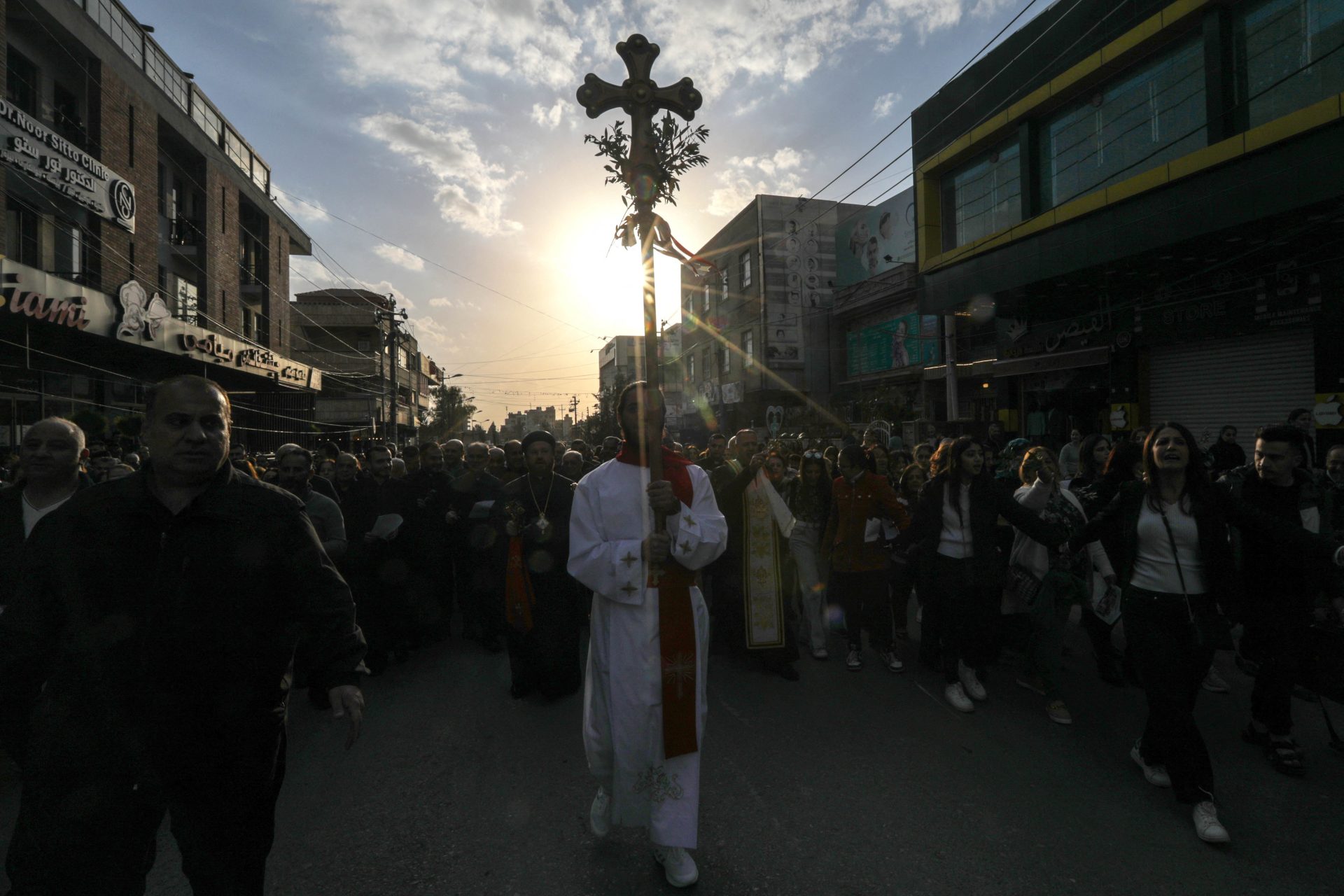Between 2010 and 2020, Christianity experienced the largest net losses from religious switching globally, according to a study by the Pew Research Center.
The findings reveal that while most people around the world continue to identify with the religion in which they were raised, a significant number—particularly Christians—have left their childhood faiths in adulthood.
The study analyzed survey data from 117 countries and territories that collectively represent 92% of the global population as of 2010.
It focused on adults ages 18 to 54, the age group in which religious switching is most common. Overall, the research found that about 10% of adults under 55 who were raised in a religion had switched to a different faith or left religion entirely.
Hindus and Muslims had the highest retention rates among the religious groups studied. An estimated 99% of people raised Hindu or Muslim continue to identify with their religion in adulthood. Similarly, 93% of those raised without a religion—categorized as religiously unaffiliated—remain unaffiliated.
Christians, however, had a lower retention rate of 83%. For every 100 adults raised Christian, 17.1 had left the religion, while only 5.5 joined, resulting in a net loss of 11.6 people.
Buddhists also experienced high levels of switching, with 22.1 per 100 leaving and 12.3 joining, leading to a net loss of 9.8. By contrast, switching had minimal net effect on the sizes of Hindu and Muslim populations.
The religiously unaffiliated category gained the most adherents due to switching. For every 100 people raised without religion, 24.2 joined from other groups while 7.5 left, resulting in a net gain of 16.7.
Religious switching was found to be more prevalent in economically developed societies. In countries with a high Human Development Index (HDI)—defined by the United Nations as 0.8 or above—a median of 18% of adults under 55 had changed religions. In countries with low HDI scores, switching was less common, with a median of only 3%.
Legal restrictions in some countries also contribute to low rates of switching. Nations such as Algeria, Brunei, Egypt, Malaysia, and several Indian states have laws that discourage or penalize conversion, particularly from Islam.
Globally, the study attributes a decline in the Christian share of the population—from 30.6% in 2010 to 28.8% in 2020—partly to religious switching.
The Buddhist share also dropped slightly, while the religiously unaffiliated category continued to grow despite demographic disadvantages such as lower fertility and older age profiles.
The report is part of the Pew-Templeton Global Religious Futures project, which examines how religious change is reshaping societies worldwide.







